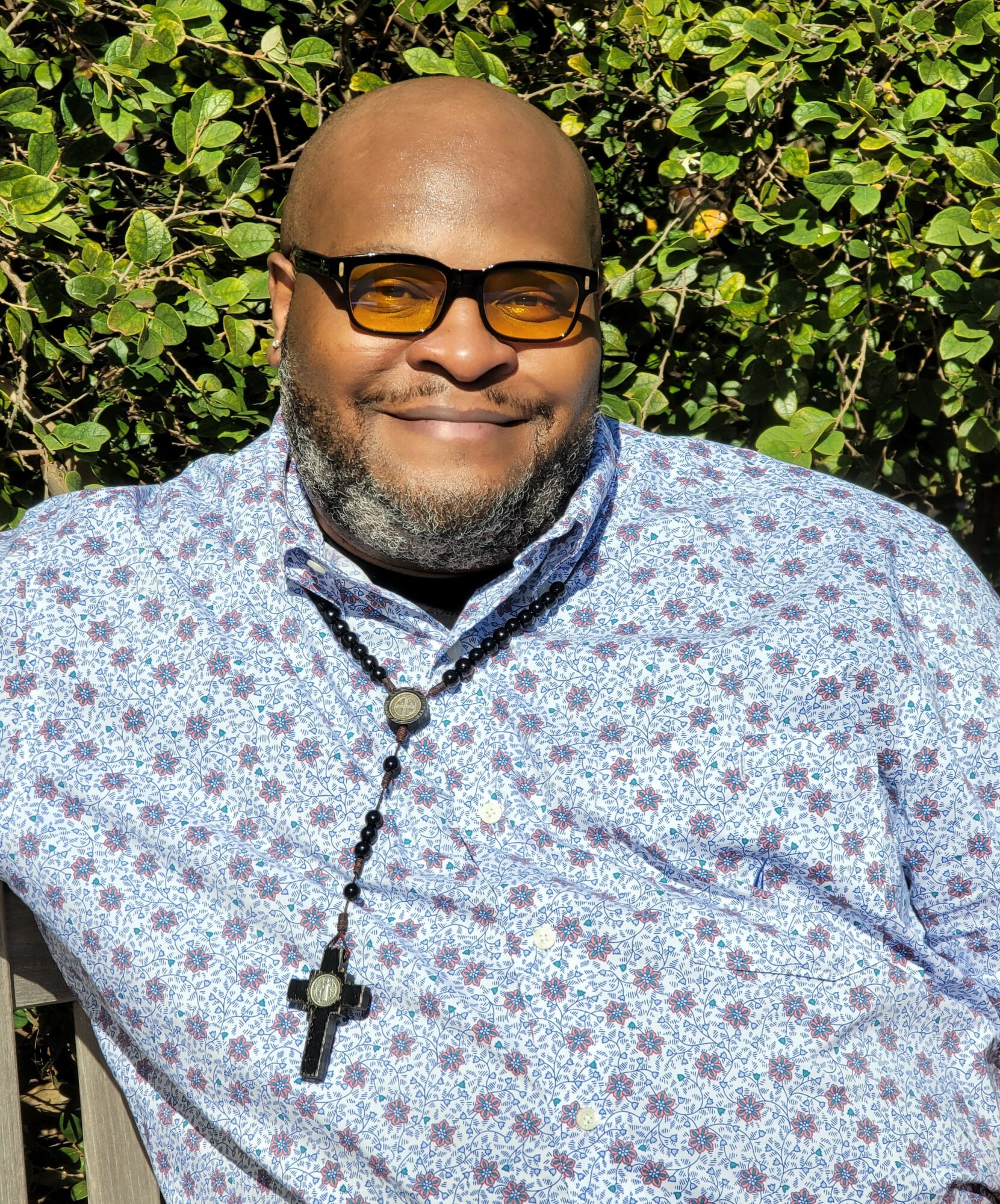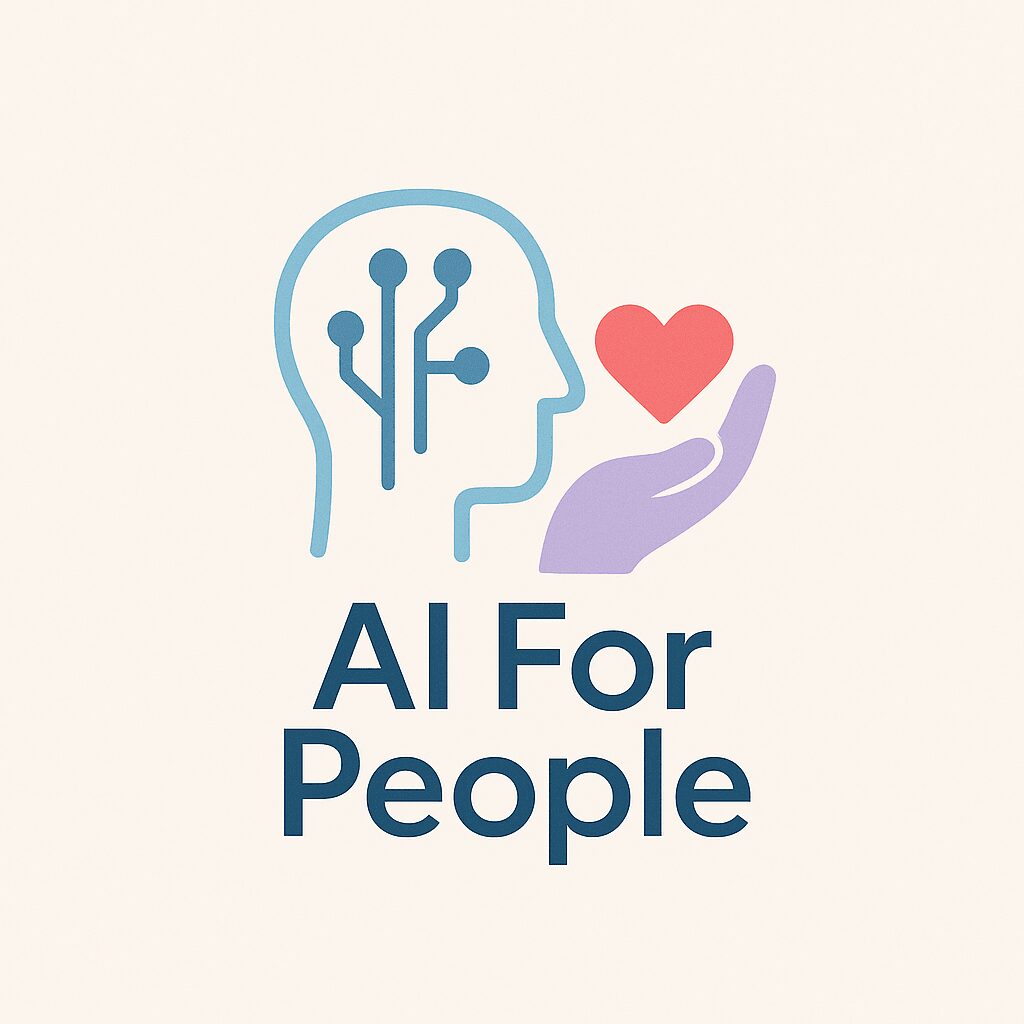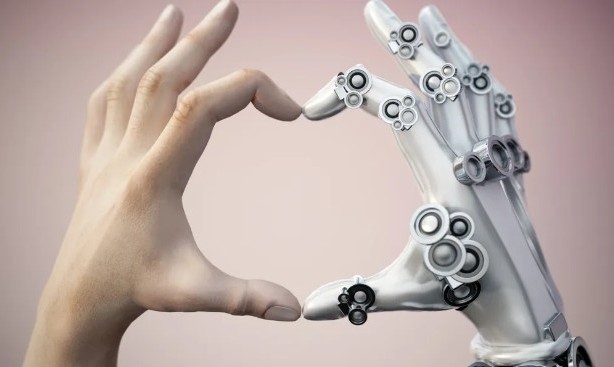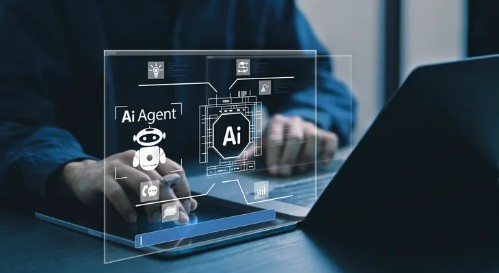

Maurice Rankin shared his story and experiences with us recently and you can find our conversation below.
Maurice, a huge thanks to you for investing the time to share your wisdom with those who are seeking it. We think it’s so important for us to share stories with our neighbors, friends and community because knowledge multiples when we share with each other. Let’s jump in: What are you most proud of building — that nobody sees?
What I’m most proud of building is the internal compass and commitment I’ve developed around ethical technology — particularly in artificial intelligence. Long before AI became a buzzword, I started exploring it with a fundamental question: Is this a help to humanity, or is it dangerous? That question still drives my desire to explore AI, AGI and Super Intelligence..
Behind the scenes, I’ve spent years quietly researching, testing, and challenging AI systems — not to follow trends, but to understand their real impact on people. I’ve built internal frameworks to evaluate AI tools not just by their capabilities, but by their ethics, transparency, and long-term social consequences. Most of that work doesn’t show up on a resume or a product page, but it shapes how I consult clients, train teams, and make decisions every day.
I’m proud of building safe spaces for dialogue about AI — especially with leaders who feel overwhelmed or unsure about their AI posture. I’ve helped organizations shift from fear-based reactions to thoughtful, strategic adoption. That kind of transformation doesn’t happen overnight, and it rarely gets noticed. But it’s the kind of quiet, values-driven leadership that I believe will shape the future in the most meaningful way.
Can you briefly introduce yourself and share what makes you or your brand unique?
Absolutely! My name is Maurice Rankin, and I am the founder of AI For People, a consulting and education initiative focused on helping organizations adopt artificial intelligence in a responsible, ethical, and human-centered way.
My journey in technology began over 30 years ago in IT and cybersecurity, but I was always more curious about the “why” than just the “how.” When AI began entering the mainstream, I did not just see opportunity — I saw accountability and responsibility. I wanted to understand whether AI was truly a tool for good, or something that could unintentionally cause harm if left unchecked. That question became the foundation of my work.
At AI For People, we guide businesses, nonprofits, and government teams through the complex landscape of AI — not just from a tech standpoint, but from a policy, ethics, and human impact perspective. We help clients ask better questions, build stronger frameworks, and make smarter, safer decisions around AI use. We also train leaders and teams to use AI as a decision-support tool — not as a replacement for critical thinking, but as a partner in it.
What makes our work unique is our balance of technical expertise and human insight. We are not just talking about innovation — we are grounding it in context, community, and long-term thinking. Right now, I am especially excited about developing new frameworks that help organizations evaluate AI vendors, build governance structures, and support more equitable outcomes using data.
At the heart of everything I do is a simple belief: technology should serve people — not the other way around. That is the mission I am building every day.
Thanks for sharing that. Would love to go back in time and hear about how your past might have impacted who you are today. Who were you before the world told you who you had to be?
Before the world tried to shape me, I was a curious kid who just had to figure out how things worked. My mom loves to tell the story of how she’d come home from work and find all our electronics — radios, toasters, even the TV — opened up and spread out across the floor. Most parents might panic seeing that, but for me, it was normal. I wasn’t breaking things — I was exploring them. I wanted to see the insides, trace the wires, understand the “why” behind the “what.”
That desire to pull things apart and understand their inner workings never left me. Over time, that curiosity turned into a skill. I started fixing the things I used to take apart. Eventually, neighbors, friends, and family members began bringing me their broken devices — and I became “The Mad Scientist.” That’s really where I was first discovered — not through a formal title or job, but through a reputation built on curiosity, patience, and the willingness to learn by doing.
Even now, decades into a tech career, I still see the world through that same lens. Whether it’s understanding how AI works or helping a client navigate complex systems, I lead with the same question I had as a kid: What’s really going on under the surface, and how can I make it better?
What fear has held you back the most in your life?
For a long time, the fear that held me back the most was financial — the fear of being broke, of not being able to provide for my family. That fear pushed me to take the “safe” path more than once, to play it small even when I knew I had more to offer. I made decisions based on stability rather than alignment, and while it kept the lights on, it didn’t always light me up inside.
But as I’ve grown older, that fear has started to shift. What weighs on me now isn’t the fear of not having — it’s the fear of not becoming. I’m more afraid of leaving this earth without fully using the gifts I’ve been given. I don’t want to look back and realize I played it too safe, or that I left my potential on the table.
Now, I wake up with a sense of urgency — not panic, but purpose. I want to do work that matters. I want to build, to lead, to teach, and to give back in ways that reflect the talent, perspective, and experience I’ve worked hard to develop over the past 30 years. That fear — the fear of not fulfilling my purpose — has become a motivator. It reminds me that time is one of our most valuable resources and that the world needs the unique gifts that each of us brings.
Alright, so if you are open to it, let’s explore some philosophical questions that touch on your values and worldview. Where are smart people getting it totally wrong today?
I think smart people — especially those in positions of power at big companies — often get it wrong by looking through people instead of at them. I’ve interviewed with some of the biggest names in tech: Microsoft, Google, Amazon, Boeing and Apple. On paper, I checked the boxes. I had decades of experience, a deep understanding of systems, leadership skills, and an innovative mindset. But somehow, I was still overlooked.
What I realized over time is that the system is optimized to recognize patterns, not people. Smart people are often trained to look for specific credentials, career paths, or brand names — but they miss potential, and more importantly, they miss character. They don’t always see the value in the person who took the road less traveled, who had to figure it out without the traditional support, who built their own table when they weren’t offered a seat.
Those experiences did not break me — they motivated me. Pushed me to build my own business, AI For People, where I could bring my full self to the table without needing anyone’s permission. Now I get to do work on my own terms, work that’s grounded in purpose, ethics, and creat a direct impact into my community. And ironically, the same companies that once passed me over are now watching the kind of leadership and innovation I’ve built from the outside.
So yes — I think smart people sometimes miss the most valuable thing in the room: a person with life experience and the courage to build something powerful and uniquely different.
Thank you so much for all of your openness so far. Maybe we can close with a future oriented question. What is the story you hope people tell about you when you’re gone?
I love spending time with our senior generation/elders. Listening to their stories and telling them about the challenges I have and currently face. My grandfather, at the age of 87, told me at age 18 that he knew I had been through a lot. That really woke me up because this meant I already had a remarkable story to tell. Now I am almost 50 years old and have endured many more challenging situations in life. Where I am from, we say the phrase “Life be Life’n” which means sometimes things get out of control and we do not have a way to outcome life’s obsticles. I can honestly say that after I’m gone if people simply tell the truth about the mountains I have climbed, the obstacles I have overcome and the battles I have won, my story will stand tall as the highest mountain on earth. I am OK with that truth.
Contact Info:
- Website: https://ai4people.info



Image Credits
None










